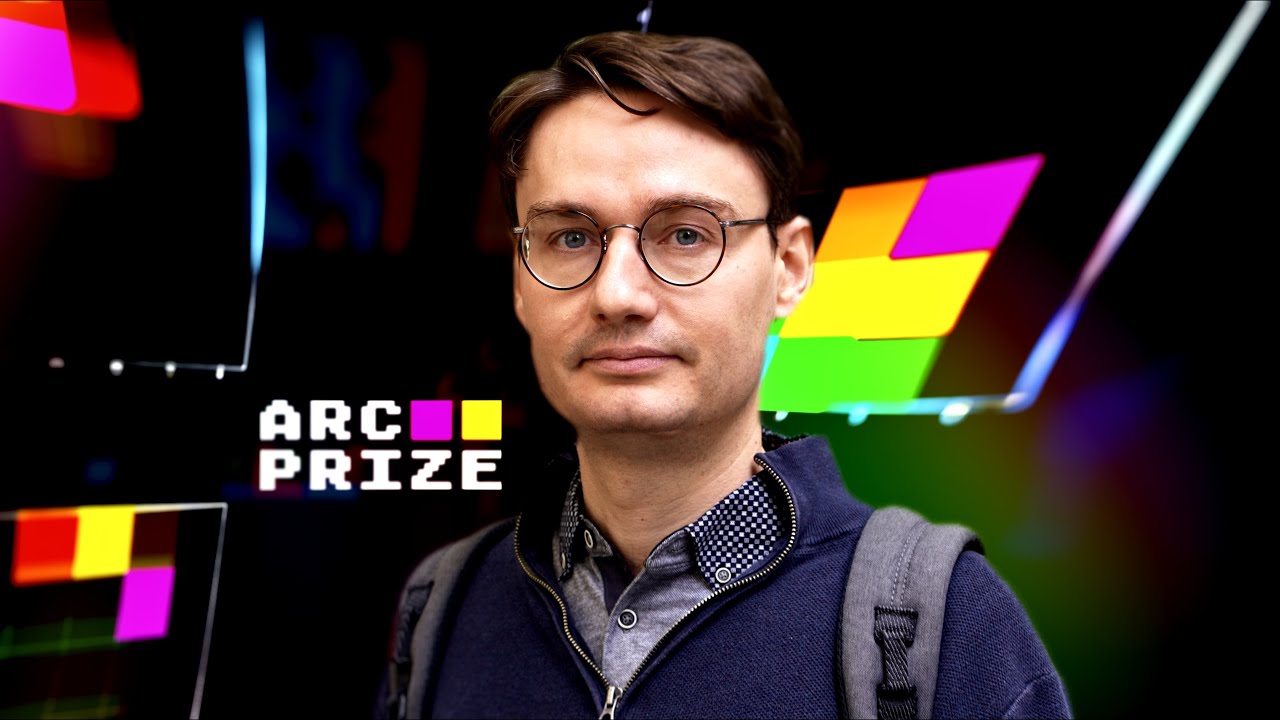Francois Chollet distinguishes between pattern recognition and true intelligence, arguing that genuine intelligence involves the ability to handle novelty and create models for unfamiliar situations, rather than relying on memorization as seen in current language models. He emphasizes the importance of developing systems that can adapt to new problems and critiques extreme views on AI, advocating for a rational approach to understanding its potential and risks.
In the video, Francois Chollet discusses the distinction between pattern recognition and true intelligence, emphasizing that intelligence is the ability to handle novelty and create models for unfamiliar situations. He critiques current language models (LLMs) for their reliance on memorization and their inability to solve problems that differ significantly from their training data. Chollet introduces the Abstraction and Reasoning Corpus (ARC) as a benchmark for measuring artificial general intelligence (AGI), arguing that it effectively assesses a system’s ability to generalize and reason rather than merely recall information.
Chollet expresses skepticism about the notion that simply scaling up LLMs will lead to true intelligence. He argues that while scaling can improve performance on memorization tasks, it does not equate to genuine understanding or intelligence. He highlights the importance of developing models that can adapt to novel problems rather than relying on brute-force memorization. Chollet believes that intelligence should be measured by how efficiently a system can acquire new skills, rather than by its performance on traditional benchmarks that can be gamed through memorization.
The conversation shifts to the role of language in cognition, with Chollet asserting that language serves as the “operating system” of the mind, enabling individuals to express, reflect on, and manipulate their thoughts. He posits that language allows for the indexing and retrieval of ideas, making complex thought processes more manageable. This externalization of cognition through language is contrasted with the internal processes of the mind, suggesting that while intelligence can be enhanced through language, it remains distinct from the cognitive processes themselves.
Chollet also addresses the topic of consciousness, proposing that it emerges gradually in children as they interact with their environment and develop their cognitive abilities. He argues that consciousness is not an all-or-nothing phenomenon but rather a spectrum that evolves over time. This perspective leads him to conclude that machine consciousness, while theoretically possible, is not something we currently possess in AI systems, which lack the necessary self-referential and introspective capabilities.
Finally, Chollet critiques the extreme views surrounding AI, such as Singularitarianism and Doomerism, suggesting that these narratives often stem from a desire for meaning and control in a rapidly changing world. He emphasizes the importance of approaching AGI as a scientific problem rather than a religious quest, advocating for a rational understanding of the technology’s potential and risks. Chollet concludes that while there are legitimate concerns regarding the misuse of AI, particularly in areas like misinformation and deepfakes, the focus should be on developing effective regulations that protect the public without stifling innovation.
